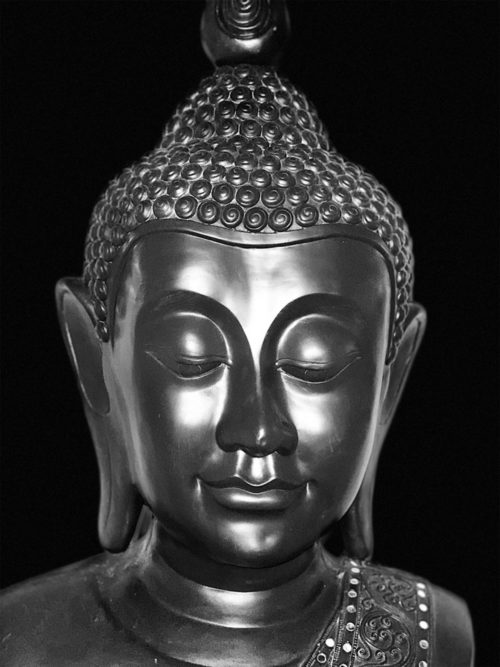Impact of acupuncture on depression
OBJECTIVE:
To assess the clinical efficacy of acupuncture and moxibustion on depression in view of the outcome indicators of the patient’s subjective reports.

There are times when we go through depression. Acupuncture however can open up the pathway for you.
METHODS:
Researchers randomized 163 depression cases meeting inclusion criteria into three groups: soothing-liver and regulating-mind, acupoint-shallow-puncturing, and non-acupoint-shallow-puncturing. First, the soothing-liver group received conventional acupuncture at Hegu (LI 4), Taichong (LR 3), Baihui (GV 20), and Yintang (EX-HN 3), plus direct moxibustion at Geshu (BL 17) and Danshu (BL 19), and intradermal needling at Xinshu (BL 15) and Ganshu (BL 18).
Next, the acupoint-shallow-puncturing group used the same acupoints but with shallower needle insertion and shorter moxibustion. Then, the non-acupoint-shallow-puncturing group targeted spots 10 mm lateral to the soothing-liver group’s acupoints, with identical operations to the acupoint-shallow group. Each group received treatment twice weekly for 12 weeks. Finally, researchers assessed the Symptom Checklist 90 (SCL-90) scores before treatment, at 1 month, and at 3 months to evaluate short-term, mid-term, and long-term efficacy of the acupuncture and moxibustion program.
Impact of acupuncture on depression
RESULTS:
After treatment, the soothing-liver and regulating-mind group showed significant improvements in somatization, obsessive-compulsive symptoms, interpersonal sensitivity, depression, anxiety, hostility, paranoid ideation, psychoticism, and eight other dimensions compared to the non-acupoint-shallow-puncturing group. Specifically, assessments at weeks 3, 6, 9, and 12 revealed statistically significant differences (all P<0.05) in all measured dimensions.
CONCLUSION:
Acupuncture and moxibustion can improve the scores of the SCL-90 scale for patients with depression. The outcome indicators of the patient’s subjective reports can accurately assess clinical efficacy.
Melancholy, depression, and stress symptoms are all treated with acupuncture and Chinese medicine.
Resources:
– SOURCE: Department of Acupuncture and Moxibustion, Guangdong Provincial Hospital of TCM, Guangzhou 510120, China.
http://www.ncbi.nlm.nih.gov/pubmed/22650118
